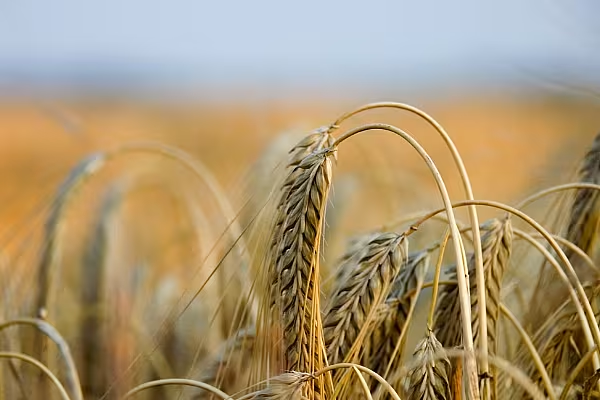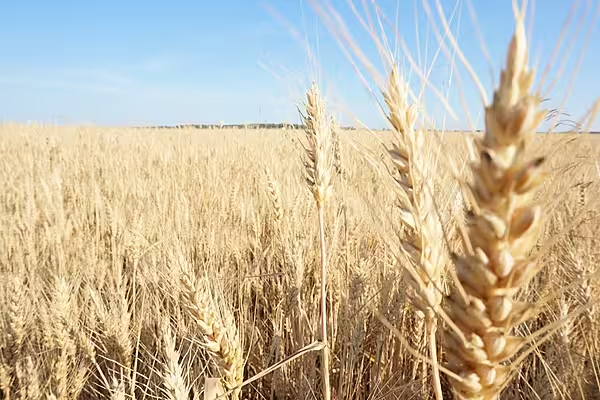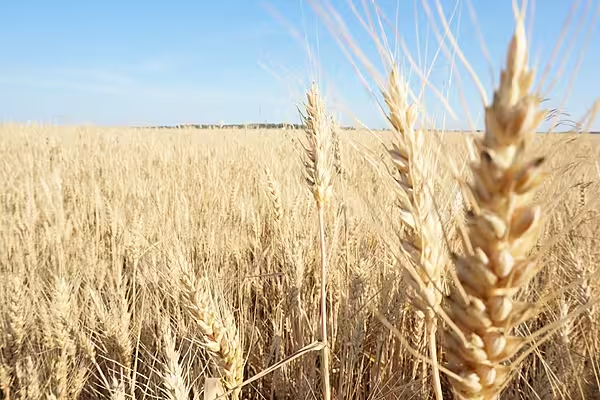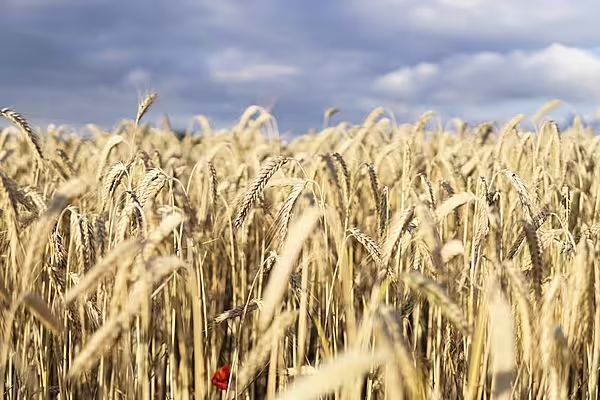Egypt’s overhaul of its bread subsidy program isn’t likely to lead to any significant change in how much wheat the country buys on the international market, according to traders and analysts.
A fast growing population means that Egypt, the world’s largest wheat importer, will continue to need large amounts of foreign grain and the effect on prices will be minimal. On Wednesday, the Supply Ministry said from August it would only subsidise the final sale of bread, instead of production from grain bought locally or via international tenders.
“Import demand will be the same as people still need to consume wheat and flour and Egypt’s bread consumption is one of the highest in the world,” said Haitham Nouh, chief executive officer of Roots Commodities in Egypt. “We expect import volumes to stay normal and any increase in wheat imports will only be a reflection of the increase in population.”
The new system aims to reduce wheat and flour smuggling and lower subsidy costs by at least 5%.
Long Term
Egypt’s subsidies are unsustainable in the long term, and the government will eventually need to reduce its role in producing bread - a staple part of the local diet, Nouh said by phone.
Politically Sensitive
“Since it is a very political and socially sensitive issue, the government will have to make the transition smoothly and gradually, ” he said.
Chicago-traded wheat futures slipped 1.6% as of 4.29 am local time. Prices dropped by as much as 3.3% Wednesday after a US Department of Agriculture report showed US wheat production will be bigger than analysts expected.
Egypt is closely watched by the wheat market because it spends billions of dollars on grain each year to provide bread for its 90 million people. The country is trying to clamp down on smuggling and make sure it doesn’t pay more than necessary to help feed its population, half of whom live near or below the poverty line.
“The new move is mostly irrelevant for volume of imports and prices, at least short term,” Andrey Sizov Jr., managing director of consultant SovEcon in Moscow, said over email. “The new system looks more transparent and less costly, this will help to save precious foreign reserves for the country.”
Under the new system, the state-run buyer will sell local and imported wheat to public and private mills, and those mills will sell flour to bakeries to make bread that the government will then subsidise, Supply Ministry spokesman Mohamed Suwaid said. Currently, the government pays millers to turn wheat into flour and then pays bakeries to make bread, before subsidising the final product.
News by Bloomberg, edited by ESM. Click subscribe to sign up to ESM: The European Supermarket Magazine.














